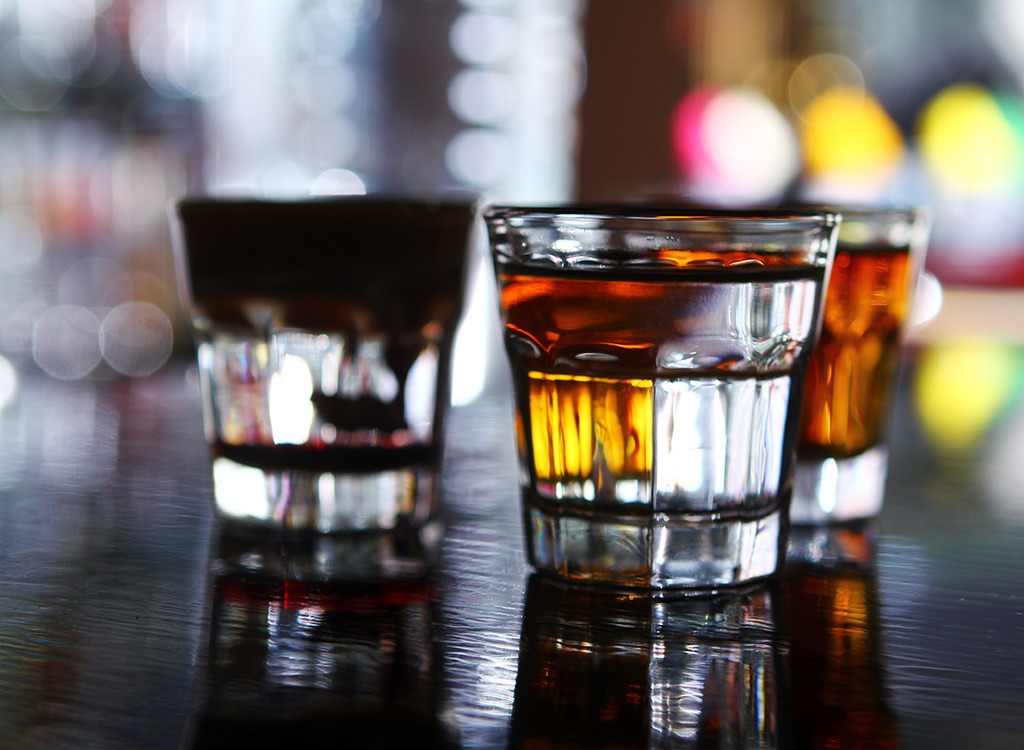This Is The Most Dangerous Age to Drink Alcohol, Scientists Say

Almost all of us have made some mistakes with alcohol in our lives, usually when we were young and first getting a sense of how it affected us. You might think that when you get older, you're pretty much out of the woods. Well, think again: a new study published in medical journal BMJ has found that excessive drinking in older adulthood (65 years and up) can be incredibly damaging for your brain.
What's more, older adults are especially at risk of these negative effects during the pandemic. Study co-author and old-age psychiatrist Tony Rao writes in the Independent, "If we factor in the impact of the Covid-19 pandemic, older people in the 65-74 age group have shown the highest rise in [probable alcohol dependency]." Basically, we've been seeing an increase in excessive drinking among older adults this year, and it could be seriously impacting brain function. Rao adds, "What's more, alcohol now ranks alongside smoking and high blood pressure as a preventable risk factor for dementia." (Related: The One Vitamin Doctors are Urging Everyone to Take Right Now.)
Why the risk? Older adulthood is one of three "periods of dynamic brain changes" identified by the study—aka moments in life when your brain is changing and alcohol can do the most damage. As you enter old age, your brain starts to atrophy faster as your neurons become smaller and their component parts break down. When this is happening, drinking can start to do irreparable damage to your cognition. And it's not just binge drinking—the study points out that "even moderate drinking has been shown to be linked to a small but significant loss of brain volume."
Another of the periods of dynamic brain changes is late adolescence at ages 15-19. Drinking when you're a teenager isn't just a bad idea because you'll hurt your liver and make dumb decisions; It can actually lead you to make even dumber decisions in the future. The researchers explain, "The transition to binge drinking in adolescence is associated with reduced brain volume, poorer white matter development (critical for efficient brain functioning), and small to moderate deficits in a range of cognitive functions." So basically, stealing Dad's party whiskey when you were young could've had a consequence beyond getting grounded.
Finally, we all know that being exposed to alcohol in the womb can do some serious damage, which is why the third, risky life period mentioned in the study is gestation. It's not just the stories you've heard about fetal alcohol spectrum disorders from excessive drinking while pregnant. Even a little alcohol can do damage: "Recent evidence indicates that even low or moderate alcohol consumption during pregnancy is significantly associated with poorer psychological and behavioural outcomes in offspring."
So, for now, if you'd like to drink, keep the imbibing between ages 21 to 64, and steer clear of alcohol while pregnant.
For more on how to drink smarter, check out these 10 Alcohol Myths You Should Just Stop Believing, and make sure to sign up for our newsletter for the latest news.








